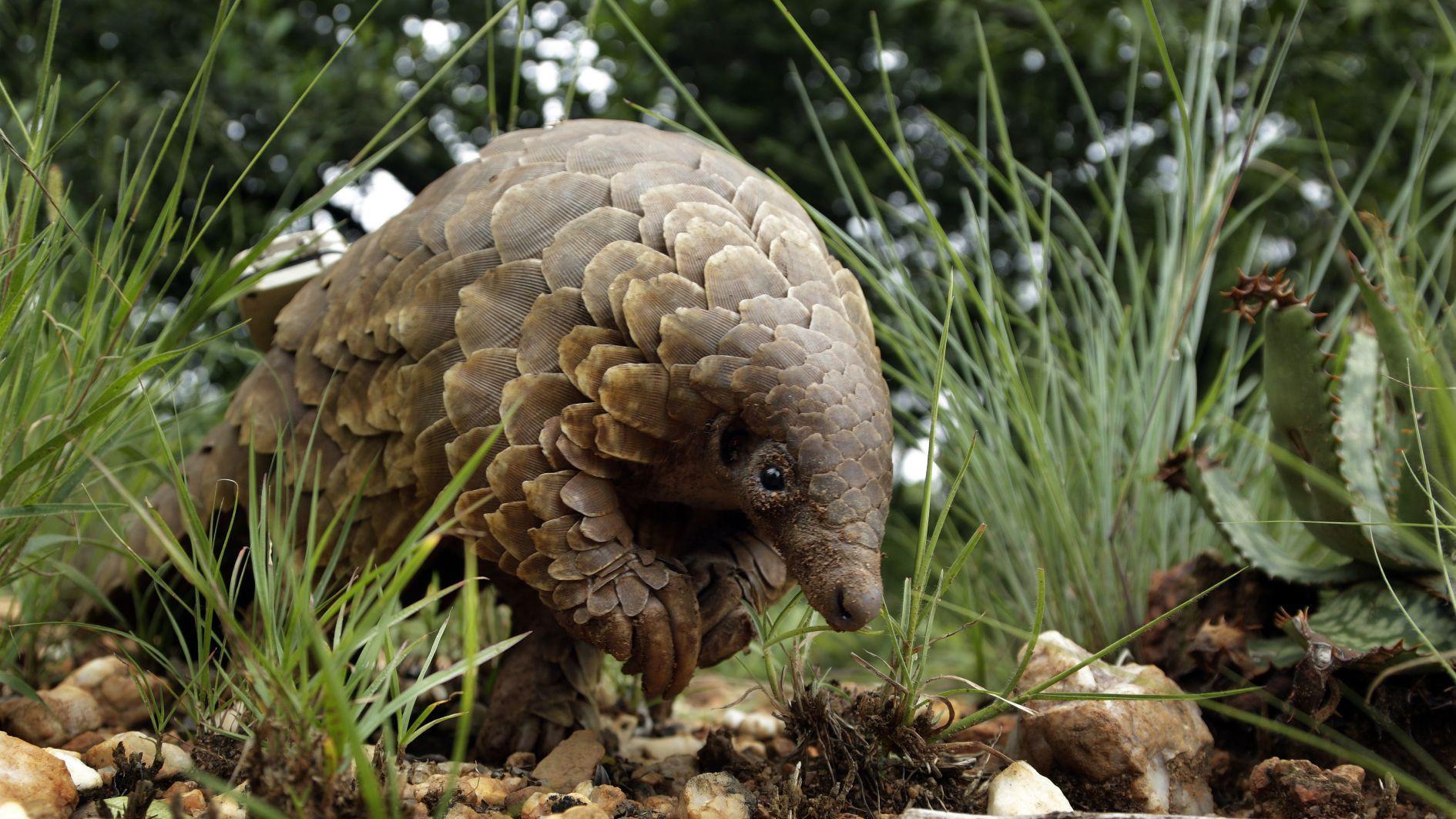
U.S. officials proposed on June 16 to protect the pangolin, a small, nocturnal mammal covered in scales, under the Endangered Species Act.
The pangolin is “the most trafficked mammal in the world” in large part for its scales, used in traditional Chinese medicine, and meat, according to the World Wildlife Fund.
The U.S. Fish and Wildlife Service is looking to add protections for four species of the pangolin native to Asia, including the Chinese, Indian, Sunda and Philippine pangolin, and three species native to Africa, including the white-bellied, black-bellied and giant pangolin. Seven species are in danger of extinction, according to the Center for Biological Diversity.
An eighth species from Africa, the Temminck’s ground pangolin, is already protected by the law. Scientists also say two more species of the mammal may exist.
The protections were signed into law in 1973 with bipartisan support and are key for preserving global biodiversity and keeping iconic types of plants and animals, such as the bald eagle, from dying out. The Endangered Species Act protects over 2,000 U.S. and foreign species.
Conservation and environmental groups say habitat loss from climate change is just one reason the act is especially critical today.
The endangerment listing, once finalized, would help strengthen trade and import restrictions of pangolin parts in the U.S., except in the case of scientific or other conservation purposes, according to the Center.
It is illegal to trade them; the pangolin received certain commercial trade protections under the 2017 Convention on International Trade in Endangered Species. But tons of poached scales representing thousands of pangolin have been found by authorities around the world in recent years.
The pangolin eats insects and rolls into a ball when threatened by predators. The Fish and Wildlife Service said pangolin populations have declined due to targeting by poachers and criminal activity, noting “proceeds from the illicit sale of pangolins and other imperiled species often fund serious crimes, including drug and arms trafficking.”